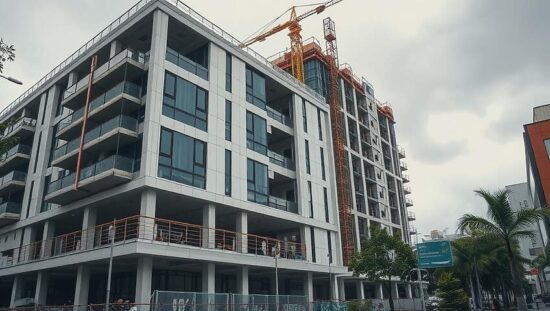Internal documents reveal a significant and protracted delay in the expansion of the Marie-Elisabeth-Lüders House for the German Bundestag, pushing the completion date to mid-2026. The postponement, detailed in a paper prepared for the Bundestag’s Building Commission and reported by “Politico”, marks another setback in a project plagued by persistent issues and escalating costs.
Originally slated for completion by the end of 2013, the ambitious extension, intended to provide much-needed office and meeting spaces, has faced a cascade of setbacks. The initial delay was attributed to structural defects, most notably a faulty foundation slab requiring extensive and costly remediation. This represents just the most recent chapter in a saga characterized by repeated revisions to timelines and budgets.
The newly revealed timeline indicates that while some office areas are tentatively scheduled for use beginning in the first quarter of 2026, the full handover is now projected for the second quarter. This represents a substantial departure from previous estimates, which had aimed for completion no later than the end of 2025. The project, initiated in 2010, promises 300 additional offices alongside conference rooms, an exhibition space and a self-service restaurant. A central hall is also being redesigned to accommodate up to 1,200 visitors.
Adding to the controversy, the project’s budget, already ballooned to nearly €420 million at the end of 2024, is now facing renewed pressure. The internal documentation explicitly states that the delayed commencement will incur further additional costs, necessitating a readjustment of the approved budget.
The ongoing cost overruns and timeline slippages have drawn criticism from within the Bundestag, raising serious questions regarding project management and oversight. Opposition parties are likely to seize upon these developments to further scrutinize the government’s infrastructure spending and demand greater accountability for the protracted delivery and the significant public expenditure involved. The repeated delays have not only inconvenienced parliamentarians but also highlight a deeper systemic issue of inadequate planning and risk management within the Bundestag’s capital projects.





